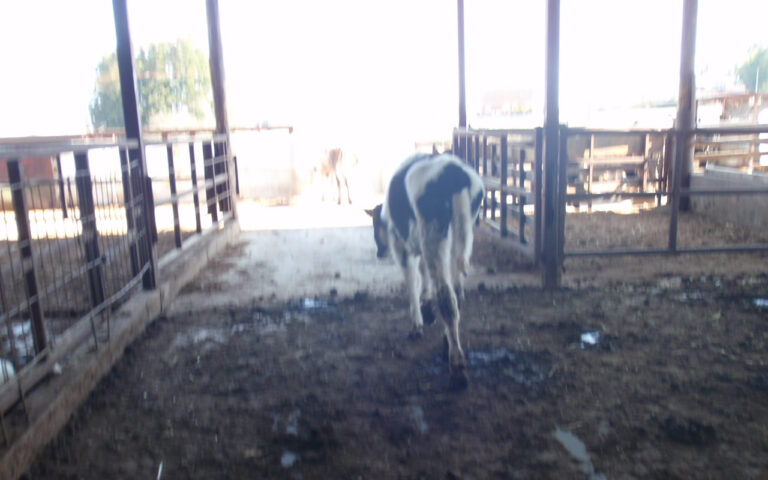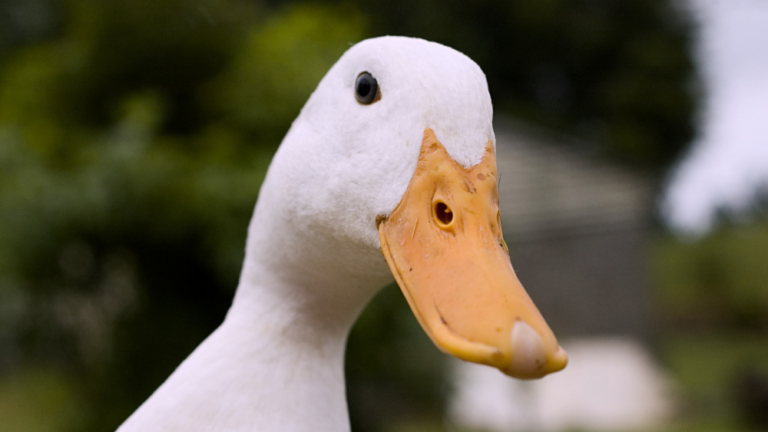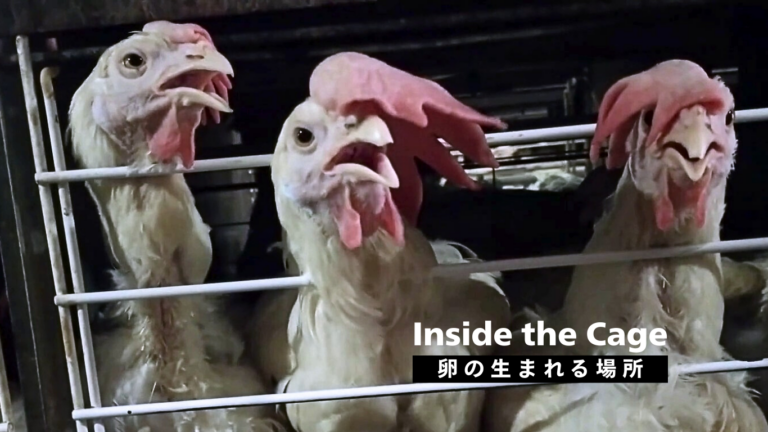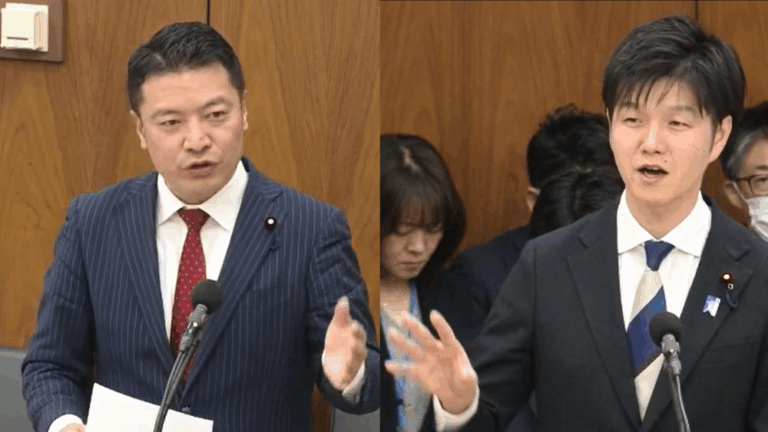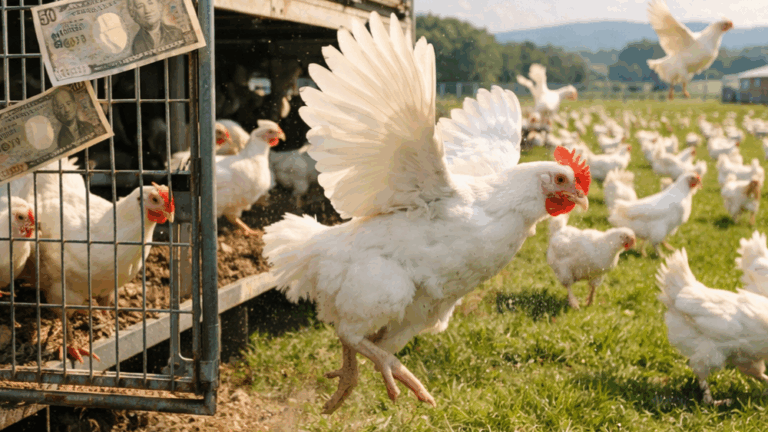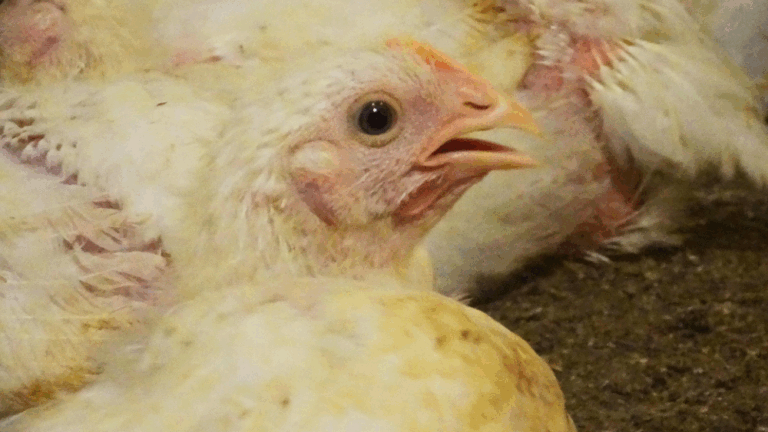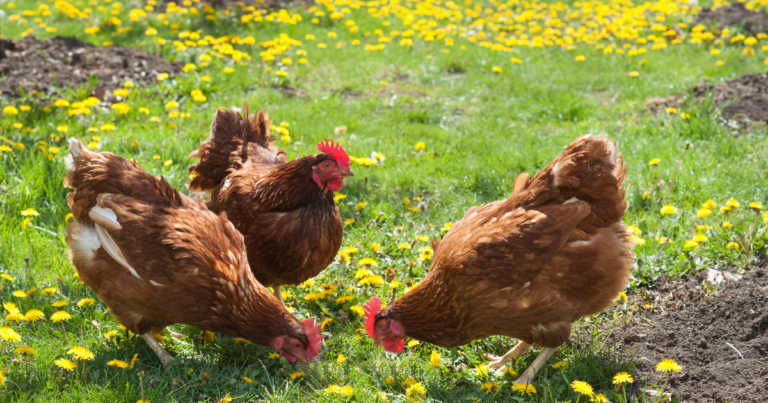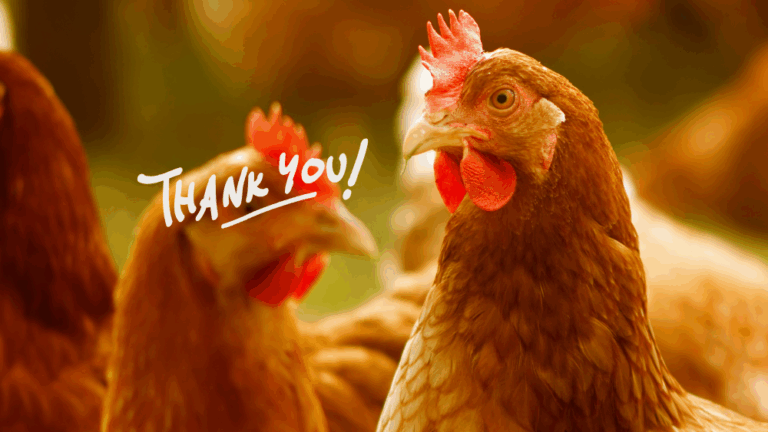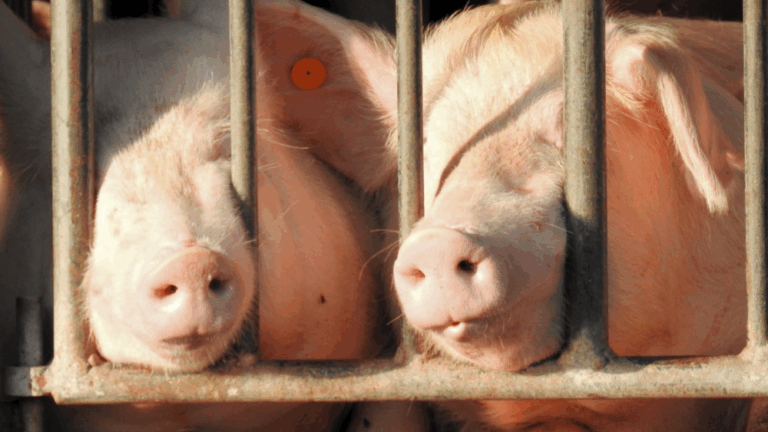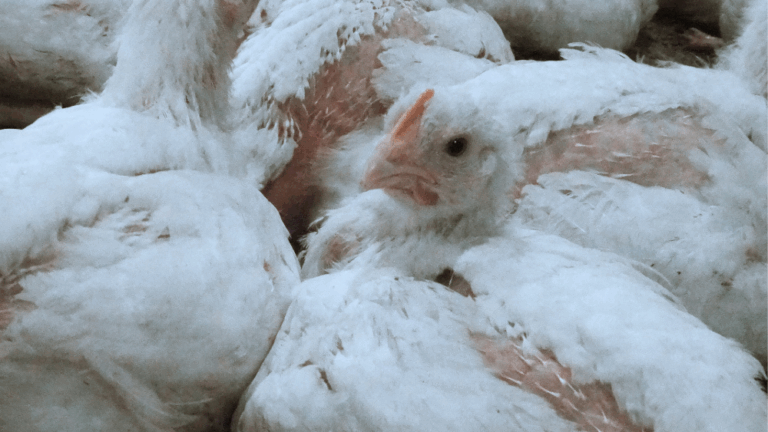When visiting cattle housed in Tohoku following the disaster we witnessed cows laying down in abandoned cattle houses. When water was offered they guzzled it down. One cow, who had been unable to stand up, passed away a few days later.
The calves, only 3 to 4 months old, in the neighboring cattle house were all dead.
The baby cows were also dead in crates except for one calf who managed to escape. They died alone.
The heifers were mostly dead. We only saw two survivors and when we approached them, they licked our hair. They may still be alive since their death is unconfirmed.
The contents of the video show what we saw in the area within a 20km radius of Fukushima nuclear plant 10 years ago.
662 cows, 6,859 pigs, and 4,549,000 chickens were killed by the tsunami, earthquakes, the cold due to power outages, and starvation in three prefectures during the aftermath of the Tohoku Earthquake and tsunami on March 11th 2011.
Though the exact number is unknown, there had been approximately 3,400 cows, 31,500 pigs, and 630,000 chickens in the area before the disaster. Most of them were presumed dead except for 800 cows, who were rescued*1.
It wasn’t just the natural disaster that killed these animals, but also these animals were dead because of humans. When the tsunami was hitting, these animals were confined in cages so they were not able to run away. After the tsunami, pigs that had survived were slaughtered for sanitary reasons.
Many animals were left abandoned after the Fukushima nuclear power plant accident and as a result many starved to death. To their credit, a few local farmers kept feeding their cows who were exposed to radiation to keep them alive.
A number of animal protection groups, including the Animal Rights Center, also entered the no-entry zone to rescue animals. However, as a society there’s so much more we could have done to save these animals.
It was an unprecedented disaster as we didn’t have proper measures in place. However, we haven’t learned anything from this event.
Nothing has been learned
A few hundred thousand animals get killed every time a natural disaster occurs. Companies who handle animals should respect their precious lives and the government should hold them accountable. However, retailers and vendors who purchase animal products don’t even have a guideline to buy their products from ethical companies.
If we don’t treat animals with respect, how can we know their value? They can’t teach our kids how important animals’ lives are.
Nothing changes as long as we have animal factories
Japan is not the only country where this type of animal tragedy happens. Many animals become victims of natural disasters in other countries as well.
We demand an ultimate solution along with a short to mid-term mitigation measure.
Mitigation measure:
Using animals comes with responsibilities. It is our obligation to make our best efforts to that end. Why don’t we act on it when we tell kids life is important.
- Protect animals! Disasters are coming.
https://www.hopeforanimals.org/animal-welfare/maff-disaster-call-is-not-enough - Are agribusiness owners prepared for disasters?
https://www.hopeforanimals.org/topics/chikusan-hisai-201909/
Ultimate Solution
We need to end factory farming in order to solve this problem.
Ultimately, this issue will continue as long as you keep consuming meat, eggs, and dairy products.
The world has not gotten better since the Tohoku Earthquake and Tsunami. In the last 10 years, we’ve faced endless natural disasters, infectious diseases of livestock animals, and zoonotic diseases that led to pandemics, such as Coronavirus.
We need an ultimate solution. We need a paradigm shift to stop exploiting animals.
*1 http://www.tochiku.gr.jp/download/2013vol62no03_t01.pdf
Translated by Seika K


